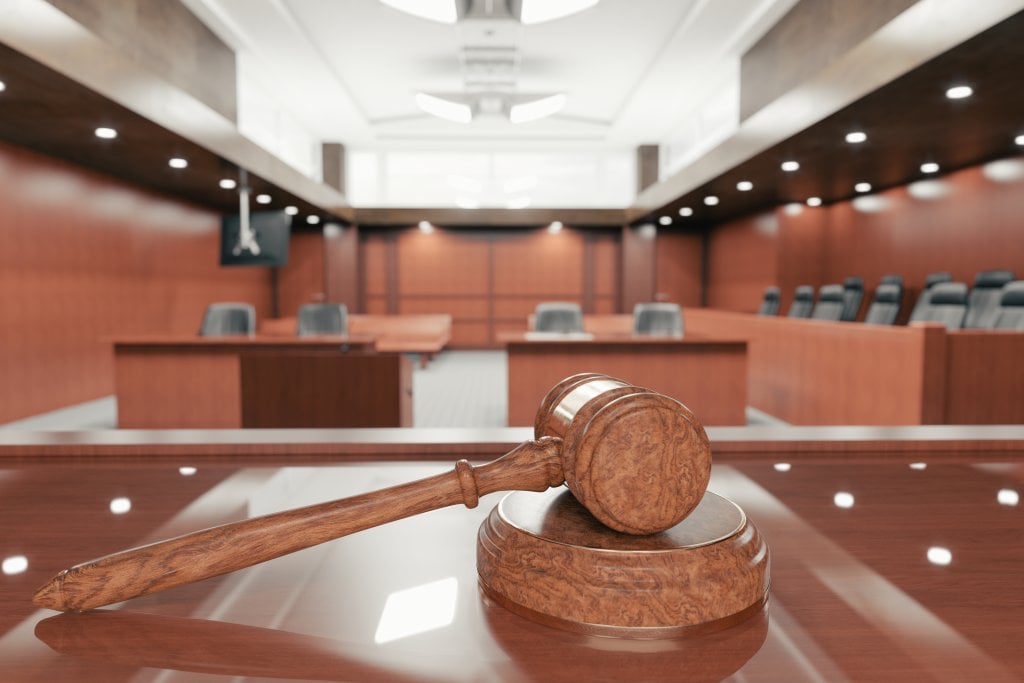Senate Public Hearing on Constitution Review in Lagos

The Senate of the Federal Republic of Nigeria commenced a two-day public hearing in Lagos today, Friday, as part of its ongoing comprehensive efforts to review the 1999 Constitution (as amended). This significant event, held at the WaterCrest Hotel in Ikeja, serves as a crucial platform for stakeholders within the South-west geopolitical zone to engage in profound deliberations on a wide array of proposed amendments. Key proposals on the agenda include the establishment of state police, far-reaching electoral reforms, and the creation of new local government areas.
These hearings are not exclusive to Lagos, as similar sessions are being conducted simultaneously across other geopolitical zones of the federation. However, the public hearing designated for the North-west zone has been postponed. This deferment follows the recent demise of Alhaji Aminu Dantata, a prominent Kano businessman and philanthropist, a decision communicated by Senator Opeyemi Bamidele, the Leader of the Senate and Chairman of the South-west Zonal Constitution Review Committee. Senator Bamidele underscored the profound importance of this exercise in strengthening Nigeria’s intricate governance structures through inclusive stakeholder engagement and participation from all segments of society.
The Senate Constitution Review Committee, which was inaugurated on February 14, 2024, is a robust 45-member body. It is chaired by the Deputy Senate President, Senator Barau Jibrin, with Senator Opeyemi Bamidele serving as the Vice Chairman. Since its inception, the committee has received numerous memoranda from various groups and individuals, covering critical areas of national interest. These thematic areas encompass security and policing, judicial and institutional reforms, local government autonomy, fiscal federalism, the revered role of traditional institutions, and electoral integrity, all aimed at fostering a more equitable and functional governance system.
Among the prominent proposals is a bill advocating for a significant alteration to the 1999 Constitution to facilitate the establishment of state police and other state-level security agencies. This initiative aims to bolster internal security mechanisms and promote decentralized policing, thereby enhancing law enforcement capabilities closer to the populace. Furthermore, another proposal seeks the creation of a State Security Council in each state, tasked with advising governors on pressing matters of public safety and security, ensuring a coordinated approach to state-level security challenges.
In a move to rebalance legislative powers and responsibilities, further proposed amendments include the transfer of key responsibilities from the Exclusive Legislative List to the Concurrent Legislative List. Specifically, matters such as labour, industrial relations, industrial disputes, and minimum wage are proposed to be moved, thereby allowing both federal and state governments to concurrently legislate on these vital issues. Similarly, there is a proposal to transfer control over interstate waterways to the Concurrent List, empowering both levels of government to manage shipping and navigation on inland waters, which could unlock new economic and logistical efficiencies.
To promote greater equity and democratic inclusion at the grassroots level, a bill recommends that each local government area should have at least one representative in the State House of Assembly. Senator Bamidele articulated that this measure is designed to ensure that residents of all local government areas directly benefit from state-level legislative decisions and have a voice in governance, fostering a more representative democracy.
Significant electoral reforms are also on the table. Senator Bamidele revealed that proposals have been submitted to allow independent candidacy for qualified citizens seeking elective positions, potentially broadening the scope of political participation beyond traditional party structures. Additionally, submissions call for the enablement of diaspora voting, allowing Nigerians residing outside the country to participate in electoral processes, thus extending democratic rights to a wider segment of the citizenry. Another crucial reform seeks to empower political parties to internally resolve pre-election disputes, which could significantly reduce the burden on the judiciary and streamline electoral litigation processes.
Reforms in the nation’s fiscal operations are also a key focus. Proposals include reducing the period within which a President or Governor may authorize withdrawals from the Consolidated Revenue Fund in the absence of an Appropriation Act, from the current six months to a more stringent three months. This aims to ensure greater fiscal discipline and accountability. Furthermore, there is a push to revise the existing derivation formula to reflect a broader range of revenue streams generated within each state of the Federation, advocating for a more equitable distribution of national wealth based on contributions from diverse economic activities.
The contentious issue of local government creation has also garnered considerable attention, with Senator Bamidele disclosing that the Senate has received 18 requests for new local government areas nationwide. These requests are geographically distributed as follows: seven from the North-west, five from the North-central, one from the North-east, three from the South-south, one from the South-east, and one from the South-west. In addition to LGAs, a substantial number of requests for the creation of new states have also been submitted, totaling over 30 proposals. These requests include six from the North-west, eight from the North-central, five from the South-east, six from the North-east, six from the South-south, and four from the South-west, underscoring the persistent demand for administrative restructuring.
Senator Bamidele concluded by reiterating the Senate’s unwavering commitment to conducting a transparent, thorough, and participatory review process. He emphasized that the ongoing public hearing in Lagos, alongside others across the nation, presents a unique and invaluable opportunity for Nigerians, particularly those in the South-west, to actively contribute to and shape constitutional reforms that genuinely reflect their collective aspirations, values, and the future they envision for the nation.









